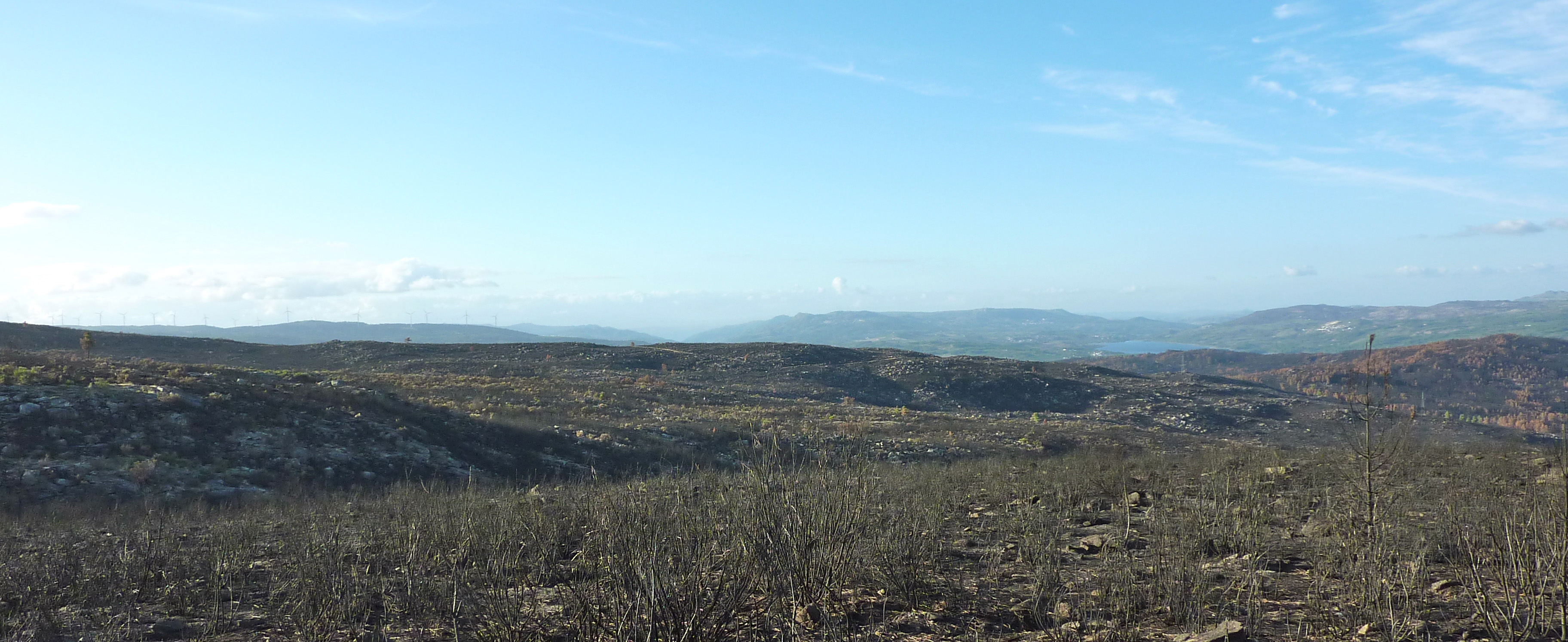"The most terrible enemy": a fiery history of forest policies in the Portuguese New State | 4th WCEH, Oulu | Congresso Mundial de História Ambiental em Oulu
-
Título | Title
-
"The most terrible enemy": a fiery history of forest policies in the Portuguese New State | 4th WCEH, Oulu | Congresso Mundial de História Ambiental em Oulu
-
Data | Date
-
19-23/08/2024
-
Publicação | Publication
-
O projeto FIREUSES esteve presente na 4ª. edição do Congresso Mundial de História Ambiental, em Oulu, Finlândia, no final de agosto de 2024, com duas comunicações. José Miguel Ferreira, Inês Gomes e Frederico Ágoas participaram no painel “Forest and forestry in retrospect. Examining forest history in environmental perspectives” com a comunicação “‘The most terrible enemy’: a fiery history of forest policies in the Portuguese New State”. Esta apresentação procurou sintetizar a pesquisa que estes três investigadores têm dedicado à história política e científica do fogo em Portugal entre o século XIX e o presente, interrogando como as políticas florestais do regime do autoritário do Estado Novo (1933‒1974), inseridas num programa anterior de transformação e apropriação do território rural nacional, levaram à consagração de uma conceção ideal de floresta sem fogo.
FIREUSES project was present online at the 4th edition of the World Congress of Environmental History in Oulu, Finland, at the end of August 2024, with two papers. José Miguel Ferreira, Inês Gomes and Frederico Ágoas took part in the panel “Forest and forestry in retrospect. Examining forest history in environmental perspectives” with the communication “‘The most Terrible Enemy: A Fiery History of Forest Policies in the Portuguese New State”. This presentation sought to summarise the research that these three researchers have dedicated to the political and scientific history of fire in Portugal between the 19th century and the present, questioning how the forestry policies of the authoritarian Estado Novo regime (1933‒1974), as part of a previous programme of transformation and appropriation of the national rural territory, led to the consecration of an ideal conception of fire-free forest landscapes.
